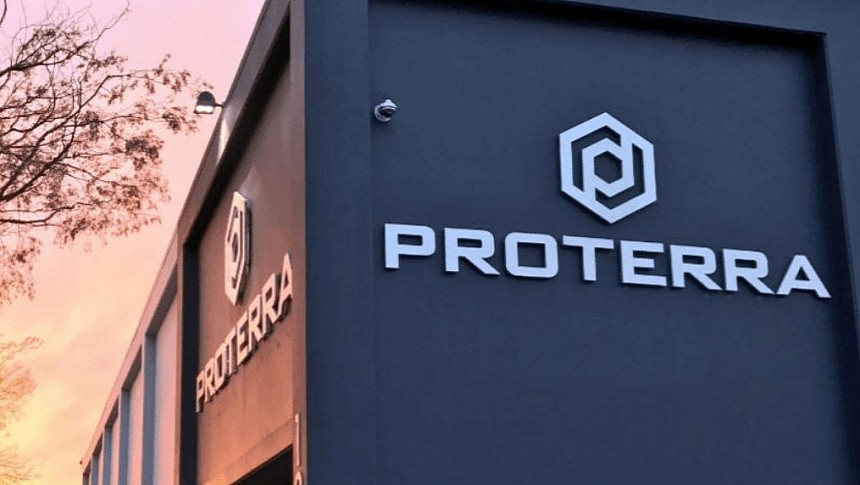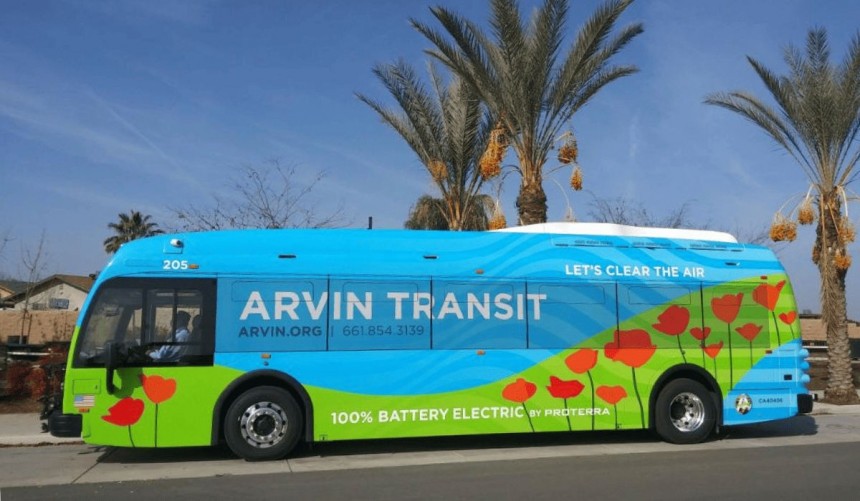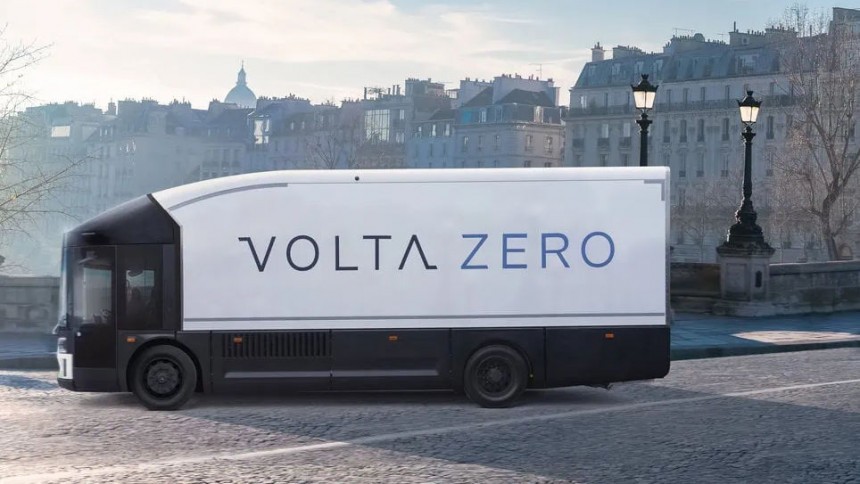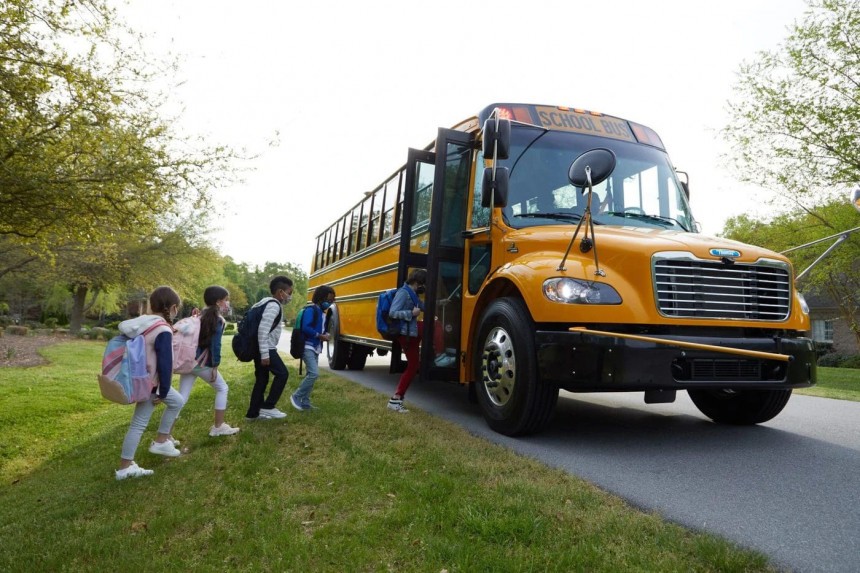2023 looks like a bad year for the EV world. Several automotive companies hoping to become the next Tesla contender were forced to relinquish their ambitious plans and file for bankruptcy.
At the beginning of the year, the promising German start-up Sono Motors announced it failed to raise the money to fund the solar electric family car, Sion. Then the Dutch start-up Lightyear took everyone by surprise, announcing the abrupt end of their plans with Lightyear 0 and 2 EVs.
At the beginning of the summer, it was Lordstown Motors' turn to shout "Game Over!" followed by one of the most prominent e-bikes manufacturers, VanMoof. And now the most well-known electric buses manufacturer in the US has been added to the list.
Remember that crowdfunding American start-up Aptera is still struggling to find investors, while Lucid Motors and Faraday Future's fate is most likely doomed, according to most analysts. Add to this the price war started by Tesla and all those warnings about related pollution of battery materials and their scarcity.
I wouldn't blame you for concluding that the EV industry is declining, and there's no point in ditching ICE vehicles. Well, don't jump to conclusions just yet.
Proterra was founded in Colorado in 2004, and its first prototype, unveiled in 2008, was a battery-electric bus with a hydrogen fuel cell range extender. In 2010 it transformed into the low-volume series-model EcoRide BE35, which joined Southern California's Foothill Transit's fleet.
Interestingly, in 2014, Ryan Christopher Popple, former Senior Director of Finance at Tesla Motors, became Proterra's CEO and was responsible for Catalyst, the first electric transit bus developed by the company. It was built until 2020, when ZX5 replaced it, along with several improvements in battery and drivetrains.
That same year, board member Jack Allen became CEO, and Popple became the Executive Director. In January 2021, Proterra was listed on the Nasdaq, a big step in its journey. At the end of the year, Popple passed away, and Gareth Joyce replaced Allen in the CEO position. I'm sure these top management changes had their part in Proterra's difficulties.
Thanks to an increasing interest in the market for electric buses and coaches, in 2019, Proterra launched the Proterra Powered Initiative. The program was aimed at those companies willing to use Proterra's batteries and drivetrains for heavy-duty vehicles, especially people carriers. Oh, and I need more space to cover Proterra Energy, the energy storage division.
It's interesting to note that this was way more than just an adjacent business. According to Proterra's website, the company sold "1,300+ buses to 135+ transit agencies across 43 US states and Canadian provinces" over the last 12 years.
In 2022 alone, Proterra supplied battery-electric drivetrains to 1,300 heavy-duty vehicles. It's worth mentioning that before going bankrupt, it signed an agreement with Vicinity Motor to convert 600 vehicles in 2024. This is to put things in perspective on the magnitude of this business. And also on its significant drawbacks.
It's far from the magnitude of Tesla – which has more than 127,000 employees and sold more than 4,5 million cars until now. But, regarding the buses industry, Proterra is not a small company. For instance, Chinese BYD sold around 70,000 electric buses worldwide until now, most of them in China. But in the US, it employs only 1,000 persons.
Nevertheless, at the beginning of 2023, Proterra announced plans to lay off workers to cut costs. Although the company benefited from generous government grants, the operations expanded too fast, and the funding couldn't keep up the pace. There may be a lesson for authorities and policymakers in this regard because Proterra was working like a start-up, despite having almost 20 years of experience.
I should point out the weak point of the Proterra Powered Initiative program. Basically, the company leased the batteries and powertrains for the converted buses. This was convenient for customers, of course, but it required huge funds upfront for Proterra because manufacturing batteries is a costly process.
French Renault, Chinese NIO, and Taiwanese Gogoro are living proof that battery lease is complicated and costly. Add to this the evergrowing "hunger" for critical materials needed for batteries, leading to a fierce fight between contenders. Proterra is not a big player and hence is more exposed to scarcity of vital materials.
That's why Proterra officials declared the company will move on with its plans, pursuing a restructuring and using existing capital to fund operations. Of course, the numbers don't look too good – for instance, in the first quarter of 2023, the revenue was $80 million, but the losses were three times higher, counting $244 million.
Basically, Proterra is "burning cash." Where did I hear that before? Oh, right, it was the same with Tesla! And, just like Tesla, and unlike other major bus manufacturers, Proterra doesn't rely on revenues from an internal combustion engines division. It has to raise money to keep going.
It will be more difficult now because of the bankruptcy, which led to a cut in half of the company's value. But it won't be impossible, as Proterra's experience guarantees future plans. There are already long-term agreements with Nikola, Volta Trucks, and Komatsu, to give just a few examples. Why do these companies rely on Proterra's batteries and know-how?
Because they count for more than 40 million service miles, which translates to savings of more than 5 million gallons of fuel and avoiding the release of more than 180 million pounds of CO2 emissions into the atmosphere. This is an excellent reason for both the government and investors to help the company put back on its feet.
I can bet Proterra will be around for a long time after this bankruptcy. I doubt it will become the Tesla of buses, but the problems it faces right now are not related to battery technology. In fact, this tech is quite the lifeline that will help this American company to come around.
At the beginning of the summer, it was Lordstown Motors' turn to shout "Game Over!" followed by one of the most prominent e-bikes manufacturers, VanMoof. And now the most well-known electric buses manufacturer in the US has been added to the list.
Remember that crowdfunding American start-up Aptera is still struggling to find investors, while Lucid Motors and Faraday Future's fate is most likely doomed, according to most analysts. Add to this the price war started by Tesla and all those warnings about related pollution of battery materials and their scarcity.
I wouldn't blame you for concluding that the EV industry is declining, and there's no point in ditching ICE vehicles. Well, don't jump to conclusions just yet.
19 years of Proterra
CEO Gareth Joyce blames the "various market and macroeconomic headwinds that have impacted our ability to efficiently scale." In short, Proterra was the victim of supply chain headaches, funding problems, and unsteady demand. You know, the usual suspects for any company out there, especially for small companies struggling to make a name for themselves.Proterra was founded in Colorado in 2004, and its first prototype, unveiled in 2008, was a battery-electric bus with a hydrogen fuel cell range extender. In 2010 it transformed into the low-volume series-model EcoRide BE35, which joined Southern California's Foothill Transit's fleet.
Interestingly, in 2014, Ryan Christopher Popple, former Senior Director of Finance at Tesla Motors, became Proterra's CEO and was responsible for Catalyst, the first electric transit bus developed by the company. It was built until 2020, when ZX5 replaced it, along with several improvements in battery and drivetrains.
The other face of the business
Besides building its own electric buses, Proterra also ventured into a more complex deal. The company used its know-how and technology to convert other companies' buses and trucks. Belgian coach builder VanHool, UK double-decker buses manufacturer Alexander Dennis and the American school buses manufacturer Thomas Built Buses are the most popular examples.Thanks to an increasing interest in the market for electric buses and coaches, in 2019, Proterra launched the Proterra Powered Initiative. The program was aimed at those companies willing to use Proterra's batteries and drivetrains for heavy-duty vehicles, especially people carriers. Oh, and I need more space to cover Proterra Energy, the energy storage division.
It's interesting to note that this was way more than just an adjacent business. According to Proterra's website, the company sold "1,300+ buses to 135+ transit agencies across 43 US states and Canadian provinces" over the last 12 years.
In 2022 alone, Proterra supplied battery-electric drivetrains to 1,300 heavy-duty vehicles. It's worth mentioning that before going bankrupt, it signed an agreement with Vicinity Motor to convert 600 vehicles in 2024. This is to put things in perspective on the magnitude of this business. And also on its significant drawbacks.
What went wrong?
When filing for Chapter 11 bankruptcy, Proterra had over 1,200 employees, two battery manufacturing facilities in California, and one bus assembly facility in South Carolina. The company's value was estimated at around $360 million, while its assets and liabilities were evaluated between $500 million and $1 billion.It's far from the magnitude of Tesla – which has more than 127,000 employees and sold more than 4,5 million cars until now. But, regarding the buses industry, Proterra is not a small company. For instance, Chinese BYD sold around 70,000 electric buses worldwide until now, most of them in China. But in the US, it employs only 1,000 persons.
Nevertheless, at the beginning of 2023, Proterra announced plans to lay off workers to cut costs. Although the company benefited from generous government grants, the operations expanded too fast, and the funding couldn't keep up the pace. There may be a lesson for authorities and policymakers in this regard because Proterra was working like a start-up, despite having almost 20 years of experience.
French Renault, Chinese NIO, and Taiwanese Gogoro are living proof that battery lease is complicated and costly. Add to this the evergrowing "hunger" for critical materials needed for batteries, leading to a fierce fight between contenders. Proterra is not a big player and hence is more exposed to scarcity of vital materials.
So, is it the end?
Not at all. Filing for Chapter 11 bankruptcy doesn't automatically mean the government hangs a RIP sign on the company's front. It's a procedure allowing for reorganization and continuing operations under a new plan while the company is protected from creditors. It's also an efficient legal tool for restructuring company debt.That's why Proterra officials declared the company will move on with its plans, pursuing a restructuring and using existing capital to fund operations. Of course, the numbers don't look too good – for instance, in the first quarter of 2023, the revenue was $80 million, but the losses were three times higher, counting $244 million.
Basically, Proterra is "burning cash." Where did I hear that before? Oh, right, it was the same with Tesla! And, just like Tesla, and unlike other major bus manufacturers, Proterra doesn't rely on revenues from an internal combustion engines division. It has to raise money to keep going.
It will be more difficult now because of the bankruptcy, which led to a cut in half of the company's value. But it won't be impossible, as Proterra's experience guarantees future plans. There are already long-term agreements with Nikola, Volta Trucks, and Komatsu, to give just a few examples. Why do these companies rely on Proterra's batteries and know-how?
I can bet Proterra will be around for a long time after this bankruptcy. I doubt it will become the Tesla of buses, but the problems it faces right now are not related to battery technology. In fact, this tech is quite the lifeline that will help this American company to come around.










